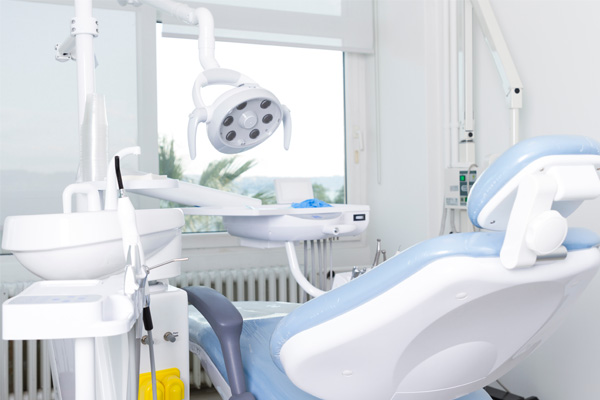 Finding out you have a cavity is hardly welcome news. Fortunately, dentists can restore tooth decay (cavities) with dental fillings. While it can sometimes hurt to have a cavity filled, it is best to do so early on. Otherwise, the cavity may progress and need a root canal. This blog will cover what to expect when having a cavity filled.
Finding out you have a cavity is hardly welcome news. Fortunately, dentists can restore tooth decay (cavities) with dental fillings. While it can sometimes hurt to have a cavity filled, it is best to do so early on. Otherwise, the cavity may progress and need a root canal. This blog will cover what to expect when having a cavity filled.
What to know about dental fillings
Dental fillings can sometimes cause mild discomfort if the cavity is large enough, extends deep into the tooth, or is in an inconvenient location. Explore these factors below.
Cavity size
The size of the cavity can greatly affect the level of discomfort involved in having it filled. A small cavity should be relatively painless to fill. The dentist may only need to use a numbing gel; if a local anesthetic is needed, injecting it into the surrounding area should be easy. If the dentist can catch the cavity early enough, the dentist may not even need to use a numbing agent.
While the dentist will use enough anesthetic to fill a large cavity painlessly, patients sometimes report feeling discomfort when the dentist begins drilling to remove the tooth decay. This is typically due to the anxiety brought on by the sound of the drill. The actual injection can also be painful for a few seconds. Using a numbing gel beforehand can reduce this discomfort.
Cavity depth
Cavities extending deep into the tooth (such as the tooth’s nerve endings, or “pulp”) are harder to fill and will likely cause more discomfort. In addition, filling a deep cavity without local anesthetic would be painful and, therefore, is not recommended. Fortunately, dentists utilize local anesthetics to make dental fillings for deep cavities relatively painless.
Cavity location
The location of a cavity determines how painful it is and whether numbing gels or local anesthetic is necessary. For example, a numbing gel should suffice when filling a small cavity on the tooth’s outer layer (the enamel). This may apply to minor cavities in the tooth’s chewing surface (pit and fissure cavities) and those on the side of the tooth (smooth surface cavities). However, local anesthetic is recommended for cavities closer to the tooth’s roots (root cavities).
Other factors
Other factors include the number of cavities to fill, which type of numbing agent will be necessary, and the type of filling. If the dentist only uses a topical numbing gel, there may be slight minor discomfort once the dentist begins drilling. But, again, the dentist can inject a local anesthetic to remedy this issue.
Managing discomfort after getting a filling
It is normal to experience some pain and sensitivity after having a cavity filled, although this should subside within a couple of days. Brushing gently and not chewing with the restored tooth is recommended during this recovery period. If needed, over-the-counter medications (e.g., ibuprofen or acetaminophen) can help.
Call our office today
If you think you may have a cavity, do not wait to schedule a dental checkup. The sooner you have it filled, the more comfortable the procedure is likely to be. Call our office for more information on dental fillings.
Request an appointment or call Hybrid Dental at 702-658-8008 for an appointment in our Las Vegas office.
Related Posts
Dentures are one of the most popular ways to replace an entire arch of missing teeth. Over the years, they have evolved into the current standard, which means they look and feel like natural teeth. However, unlike natural teeth, they are (sometimes) removable, which makes the care process different.While it may seem less important to…
With increasing numbers of people seeking to brighten their smiles, teeth whitening is one of the most popular cosmetic procedures dentists offer. In addition to the range of professional teeth whitening treatments, many do-it-yourself whitening products are available in grocery stores. Many times, these store-bought options seem very economical.However, there is a catch. Though these…
Teeth whitening treatments can help you achieve the bright smile you have always wanted. Dentists have two main options they offer patients regarding whitening their teeth: professional teeth whitening and at-home whitening kits. Professional teeth bleaching treatments can be broken down into conventional and laser whitening treatments.These two teeth-whitening alternatives use peroxide-based chemicals as bleaching…
